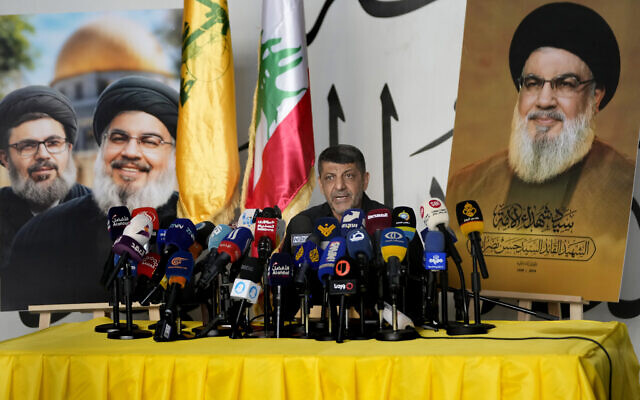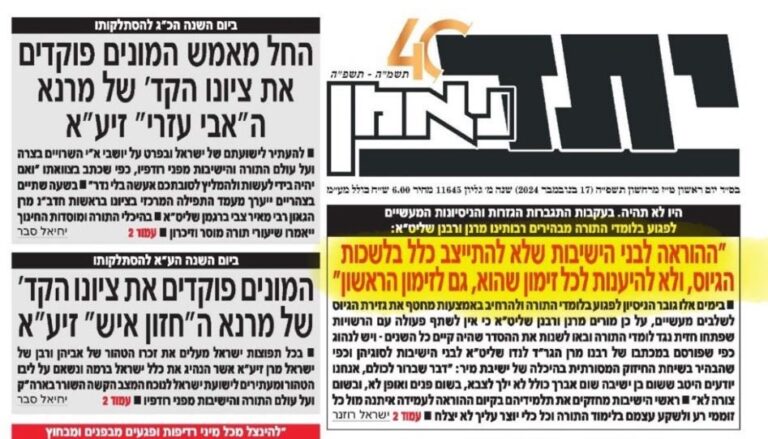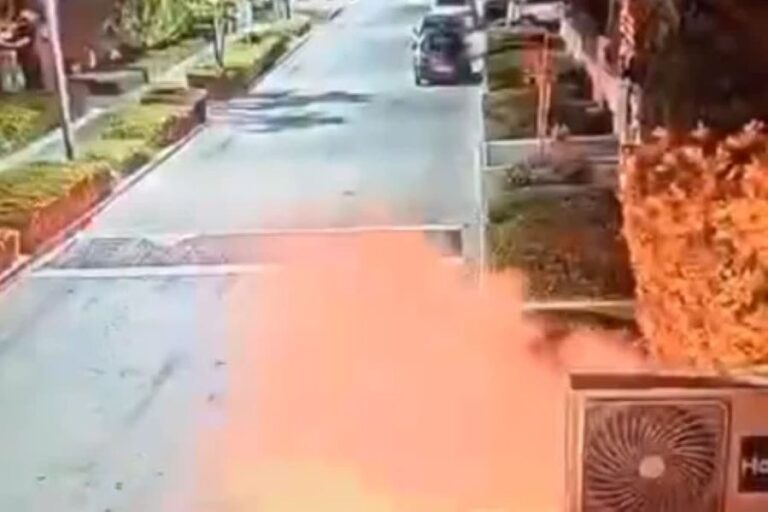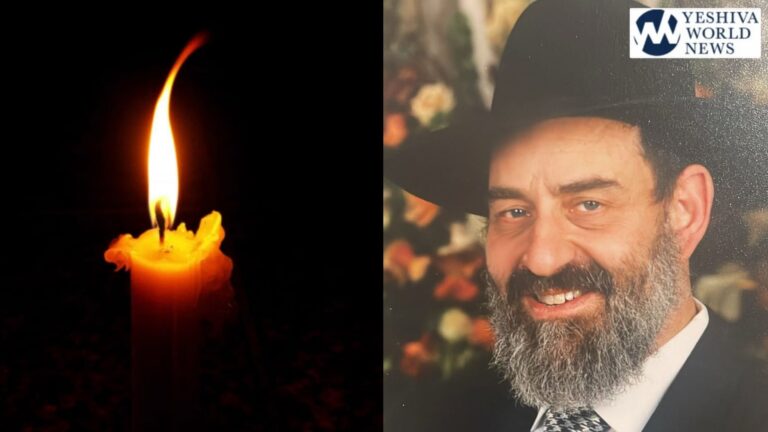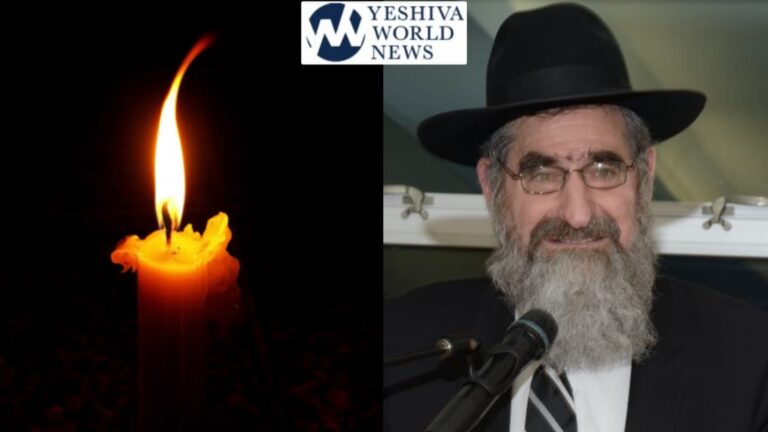[COMMUNICATED CONTENT]
 If there is something that Jewish folks love, it’s knowledge. This Rosh Hashanah, we’re going to bring you some fun facts about shofars.
If there is something that Jewish folks love, it’s knowledge. This Rosh Hashanah, we’re going to bring you some fun facts about shofars.
We hope you’ll learn something new and bring a bit of shofar amusement to your honey dipping & shofar blowing Simchas.
Shanah tovah u’metukah from JudaicaWebStore.com!
What modern instrument does the shofar most resemble in sound and structure?
You might have thought trumpet, but nope! It’s the bugle, a horned instrument that like the shofar is not able to change pitch.
Why is there a shofar and oil on display in the Old Jerusalem Yohanan ben Zakkai Synagogue?
While shofars are an attractive and festive decoration, this one is waiting for the Mashiach’s arrival.
Which Rosh Chodesh is “a memorial of blowing” (Lev. 23:24)?
Human logic says it would be the first month, but it’s the seventh. Tishrei, the month of Rosh Hashanah is the seventh month, while Nissan is the first, as commanded by G-d to Moses and Aaron in Sinai. So the first month of the New Year is, in fact, the seventh calendar month.
When IDF troops liberated The Temple Mount in 1967, how was the shofar involved?
One of the first things that the General Rabbi Shlomo Goren did was blow the shofar to celebrate the joy of the liberation of The Temple Mount. This momentous event leads to another fun fact. The writer of “Jerusalem of Gold,” edited the now-classic poem/song to include this famous shofar blast, adding the line “a shofar calls out from the Temple Mount in The Old City.”
True or False? The shofar was blown to signify the start of a war.
And this is 100% correct. In fact, many Rabbis today use the shofar during prayers for victory against Israel’s enemies.
True or False? It is forbidden to blow the trumpet and shofar together.
Maybe people don’t do it much these days, but in the Temple of Jerusalem, the trumpet and shofar were often blown together. There are, however, many intricate laws about what to blow and when, but no broad prohibition against them together.
True or False? It is a requirement to blow the shofar every Rosh Hashanah.
For folks who haven’t heard this one yet, it’s quite surprising. Some interpretations see it as requiring the blowing the shofar on Rosh Hashanah only during a Jubilee year. To continue this argument, proponents of this line of thought say that it’s the rabbis that made it an annual tradition that we do today. Another interesting angle on fulfilling the mitzvah? Technically, it’s not blowing that is the mitzvah, rather hearing the sounds. Though someone does have to blow it for others to fulfill their mitzvah.
Embouchure – what does this long French-sounding word have to do with the shofar?
This fancy word is the technical term for how the shofar blower alters the pitch of the shofar.
Why does the Ashkenazi shofar blows sound different than the Sephardic?
Scholars and historian don’t entirely agree though some assert that the difference originates from the regional differences in “war cries” and has since become a part of shofar blowing traditions. Ashkenazi Jews usually use a ram’s horn, while some Sephardic Jews use a Kudu shofar, which can also affect sound.
 Is the shofar an alarm clock?
Is the shofar an alarm clock?
In a funny way, yes. The shofar sounds should shake us from our spiritual complacency and enliven us to our spiritual commitments. Wake us up in the morning? Not quite, this waking up is so much more important, even though it only happens once a year.
Did you know there is a distinctly modern controversy, with an ancient counterpart, about fulfilling the mitzvah of hearing the shofar?
The age-old debate about performing the mitzvah discussed whether the mitzvah was completed if the shofar was blown in a cave, and only the echo was heard. The consensus was that an echo did not fulfill the mitzvah. In modern times, scholars debate whether an electronic broadcast of the shofar is considered performing themitzvah (it almost always isn’t). That said, if you’re in a situation with no chance to hear the shofar, there are Rabbis who say it’s better than nothing. And it’s hard to deny that it’s fun to think about how technology has changed, but in some ways we still have the same discussions.
Why do we blow the shofar?
Now this is a tricky one. There are hundreds of reasons mentioned by scholars and Rabbis, but there is just one real answer: Because G-d commands us to do so. The reasons for this commandment are compelling, but simply speculation as to what G-d might have been thinking!
Did you learn something new? We hope so! Looking for a shofar? Enjoy our newly widened selection of gorgeous shofars from Israel. Did you find an error? Please comment! We’ll happily welcome your expertise.




